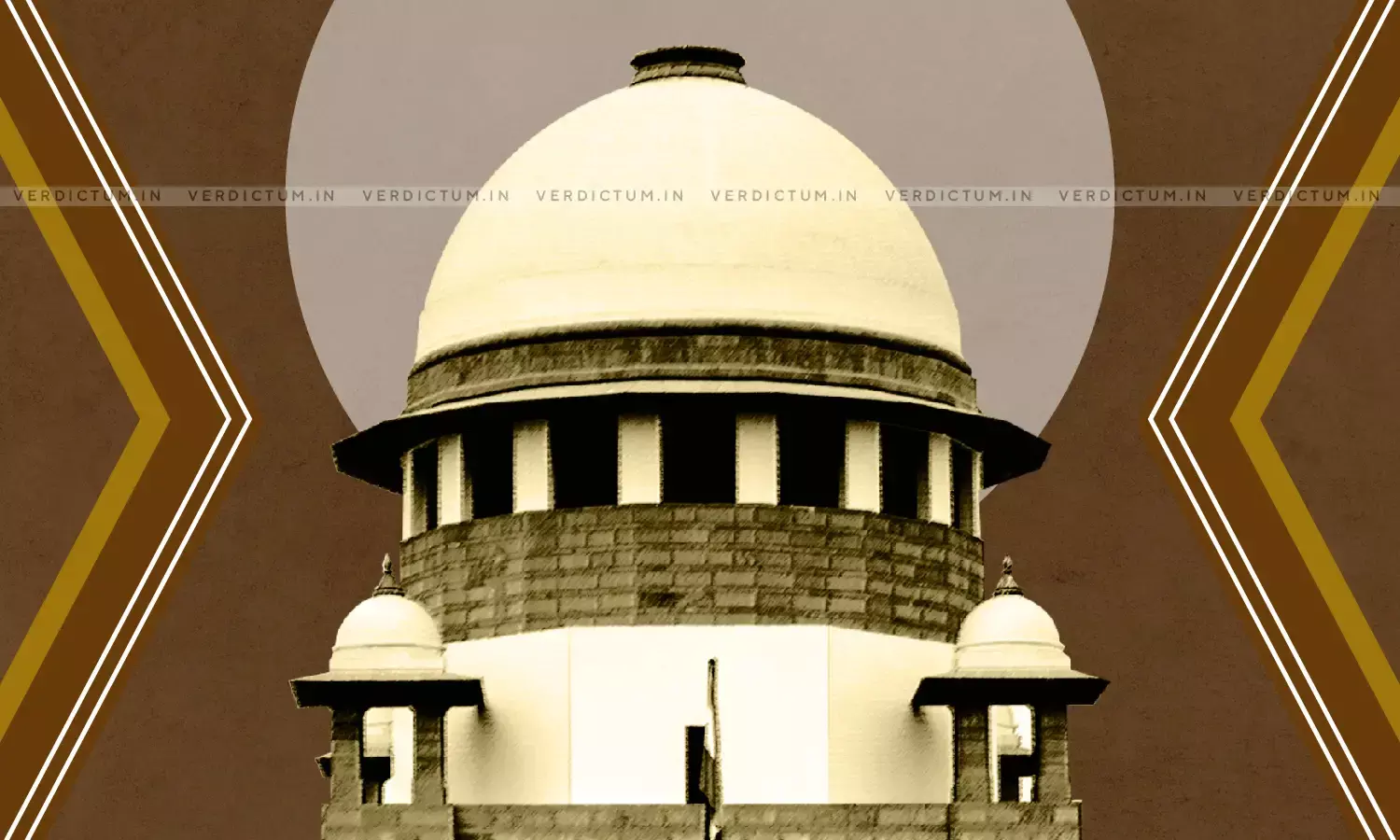Supreme Court Declines Urgent Listing of Plea Challenging Internet Shutdown In Rajasthan To Prevent Cheating in Examination

The Supreme Court today declined urgent listing of a plea challenging Rajasthan government's decision to shut down the internet for three days during day hours to prevent cheating in the Rajasthan Examination Eligibility for Teachers (REET).
The plea sought “relief against the arbitrary and the illegal suspension of Internet services in Jaipur, Bharatpur and several other districts through the Order dated 24.02.2023 from the Office of Divisional Commissioner, Bharatpur Division to conduct REET 2023”.
“We will list it after Holi,” said a Bench comprising CJI DY Chandrachud and Justice PS Narasimha declining urgent listing of the matter on Friday, March 6.
“The reason they said- due to some REET Exams, we are shutting down the Internet from morning to evening, even on the working day. The entire judicial work got obstructed,” said Advocate Vishal Tiwari, who appeared for the petitioner.
“Prayer is that Anuradha Bhasin’s case Guidelines must be implemented by the respective states. Because they have made it (internet shutdown) a usual practice,” he added further.
However, the Court said that it will hear the matter after reopening, post Holi vacations.
The petition challenges the decision taken by the various district administrations in Rajasthan to shut down the internet to minimise the chances of cheating/copying and malpractices in the scheduled examination.
The decision, based on such vague and arbitrary apprehension, the fundamental rights of the greater public is at stake primarily violating Article 19(1) (a), 19(1) (g) and Article 21 of the Indian Constitution, the plea said.
“Such imposition of internet shut down is manifestly against the Temporary Suspension of Telecom Services (Public Emergency or Public Safety Rules), 2017 and such order imposing shut down goes against the dictum laid down by the Hon’ble Supreme Court of India in Anuradha Bhasin v. Union of India,” it said.
The plea further said that putting up an arbitrary internet shutdown during the crucial court working hours has affected the rights of many citizens. “Such action has led to severe violation of fundamental rights. The workings of the Judiciary has stopped in these Districts as there are many procedures including E-filings, virtual hearings etc.”, it added.
On September 9, last year, the Supreme Court issued Notice in a similar plea challenging the imposition of Internet Shutdowns to prevent cheating in examinations in the five states of Gujarat, Rajasthan, Arunachal Pradesh, Assam, and West Bengal.
The Union Ministry of Communications was asked by the Court to clarify the standard protocol with respect to the grievance raised and the extent of compliance thereto by the States.
Earlier the Supreme Court in Anuradha Bhasin vs Union of India held that “complete broad suspension of telecom services, be it the Internet or otherwise, being a drastic measure, must be considered by the State only if ‘necessary’ and ‘unavoidable’”.
Cause Title- Chhaya Rani v. Union of India & Ors.

